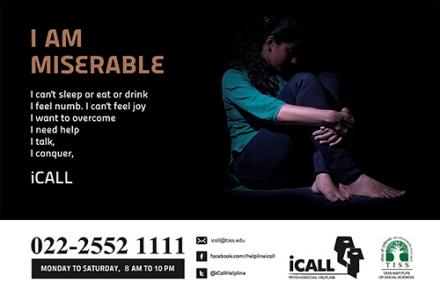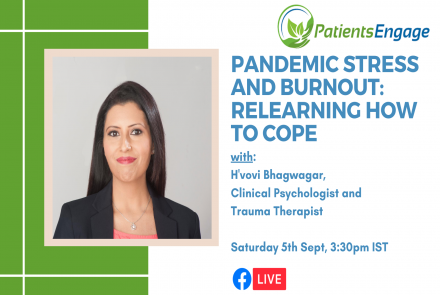
Dr Vinit Shah, an eminent Urologist from Mumbai, helps us understand frequently asked concerns about urology and men’s health.
What are the five most common urological conditions you see in daily practice?
The commonest problems we seen in our daily practice are prostate, stones, urinary infections, urinary incontinence and male sexual problems.
What are the different causative factors of infertility?
Male infertility can have several factors. You can have pre-testicular causes due to hormonal imbalance or testicular causes like varicocele and in some cases post testicular-like obstruction due to old infections. But in a large proportion, even after all investigations, we are sometimes unable to find a cause in which case we label them as having idiopathic infertility.
What tests do you recommend for infertility?
The first and the most important test would be a semen analysis. If hormonal imbalance is suspected, then a male hormonal profile is checked. A sonography of the scrotum to assess testicular size and a Doppler to look for varicocele is commonly asked for.
Is urinary incontinence treatable? What do you suggest as treatment options?
Urinary incontinence is treatable. There are essentially three different types of incontinence: urge incontinence, stress incontinence and mixed type. Urge is treatable by medications while stress incontinence may require the use of a tape inserted surgically.
Are UTIs common in Indian men?
UTI is not as common in males as in females. The infections are common in diabetics and one must undergo investigations to rule out any of the pathology such as presence of obstructions or stones which can be a causative factor for infections. Sexually transmitted infections are also found in these cases.
What are the risk factors for UTI in men?
Common predisposing risk factors include diabetes, kidney stones etc.
When should one see a doctor?
The doctor must be consulted for every infection as the correct treatment in the correct form must be administered
Is daily intake of calcium or calcium supplements a risk factor for formation of kidney stones?
It can be if the fluid intake is not adequate and calcium is taken in excess.
What are the latest advances in kidney stone treatment? How do treatment options depend on stone size or quantity?
Treatment for kidney stones has seen a sea change over the years and almost all stones of any size can be treated by the several options available which range from the non-invasive ESWL or lithotripsy to the minimally invasive PCNL (Percutaneous Nephrolithotomy) and Retrograde Intra-renal surgery with Laser. Today we hardly offer any one open surgery for treatment of their kidney stones.
Is Erectile Dysfunction (ED) a growing concern? How is stress and anxiety dealt with as a causative factor?
Stress and anxiety are both the cause and effect of ED. Managed commonly by counselling and drugs.
Related Reading:Treatment Options for Erectile Dysfunction
What remedies or treatments are patients with ED offered?
ED can be a major concern for those affected. The treatment ranges from use of drugs like viagra to intrapenile injections and use of penile implants for the more severe cases.

















